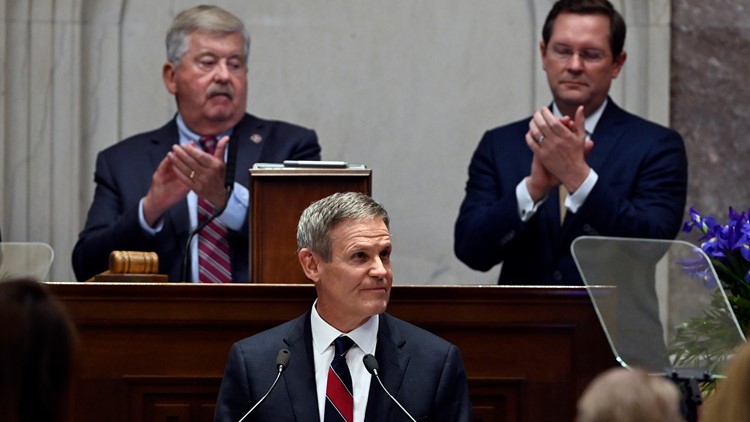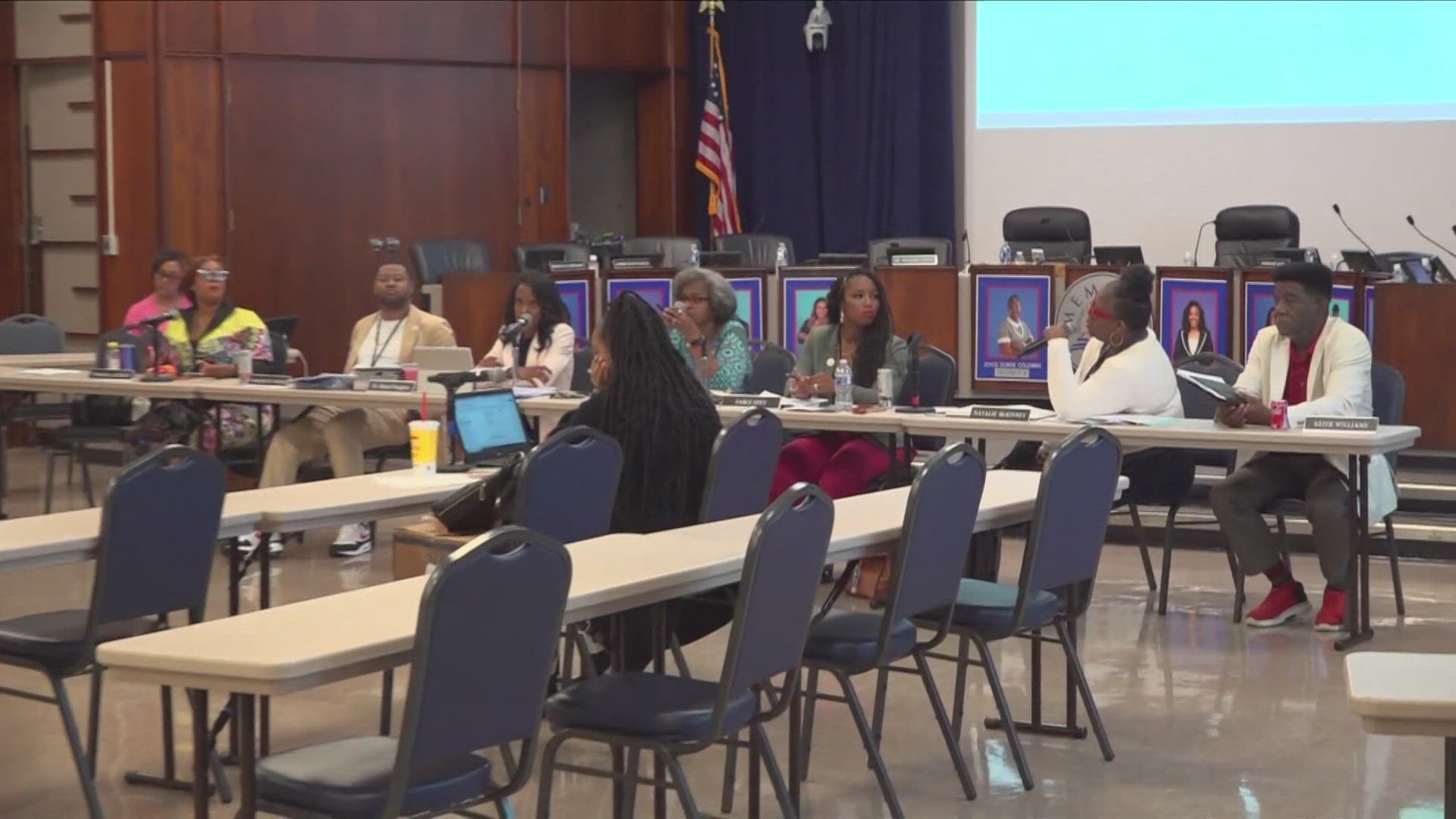NASHVILLE, Tenn. — The Tennessee Investment in Student Achievement (TISA) would allocate $9 billion in state and local funds toward education, including $1.8 billion for students with specific needs, such as those living in poverty.
The current BEP, or Basic Education Program, is a 30-year-old funding formula.
For months, Gov. Bill Lee and state Commissioner Penny Schwinn have said the funding is outdated and a waste of taxpayer's dollars since it does not benefit all Tennessee public school students.
Lee and Schwinn both said the new TISA plan is more student-focused, meaning funds are specifically allocated to make sure each student is reading proficiently by the end of the third grade, each high school graduate is prepared for college or a career and every student will have the resources they need.
Anntriniece Napper, the President of the Memphis Shelby County Association said this is currently happening under the model.
"Some schools don't have books, you can't learn without a book," Napper said. "Some schools may not have the correct laptops, may not have enough computers for all students to get on. In the past, the district would get money, and if it's supposed to be allocated for the teachers, teachers may not get the money and it would go to something else, same for the students."
According to the legislation introduced a month ago, schools would receive a base dollar amount of $6,860 per student with options to increase that amount depending on the student's location and needs under a matrix known as "unique learning needs."
For example, schools with students with dyslexia or a disability would receive more funding — as well as those students in small districts or where poverty is concentrated, calculated using an algorithm outlined in the legislation.
Funding would also go directly towards salaries for teachers, nurses, and counselors, and technology needs like laptops and tablets. Venita Doggett, the director of advocacy for Memphis Education Fund said it's a must.
"There are a lot of parents that have students who suffer from dyslexia or need additional time for testing," Doggett said. "Now all of the things are built-in and that means there are additionals dollars that are related to the specific needs of your child."
This bill is still working its way through the general assembly so things could change, but as of right now Memphis Shelby County Schools is expected to get about $113 million in additional funding. Overall, the state and local governments would split the costs 70/30, but the cost to local government would be determined each year.
TISA wouldn't take effect until July 2023.



